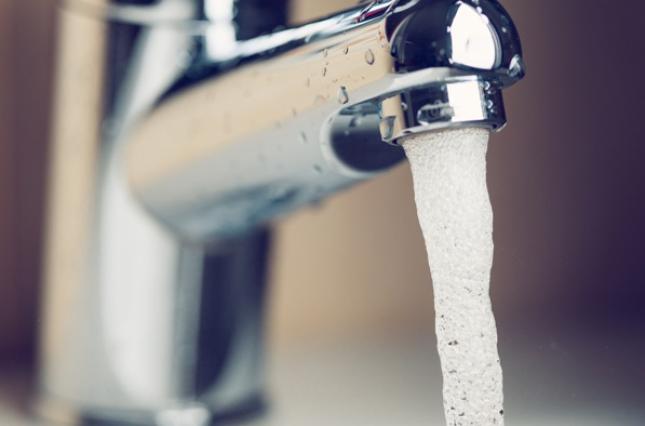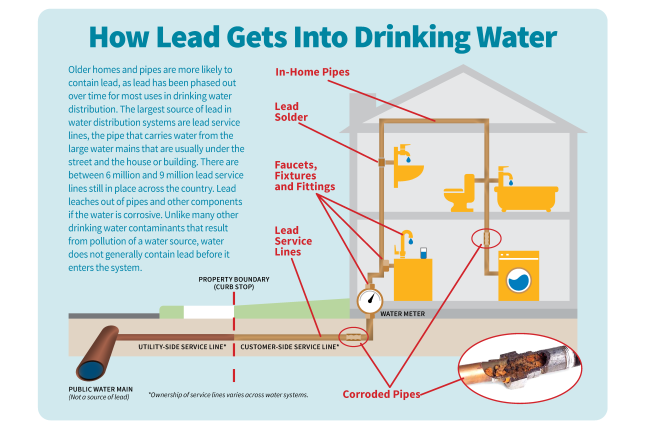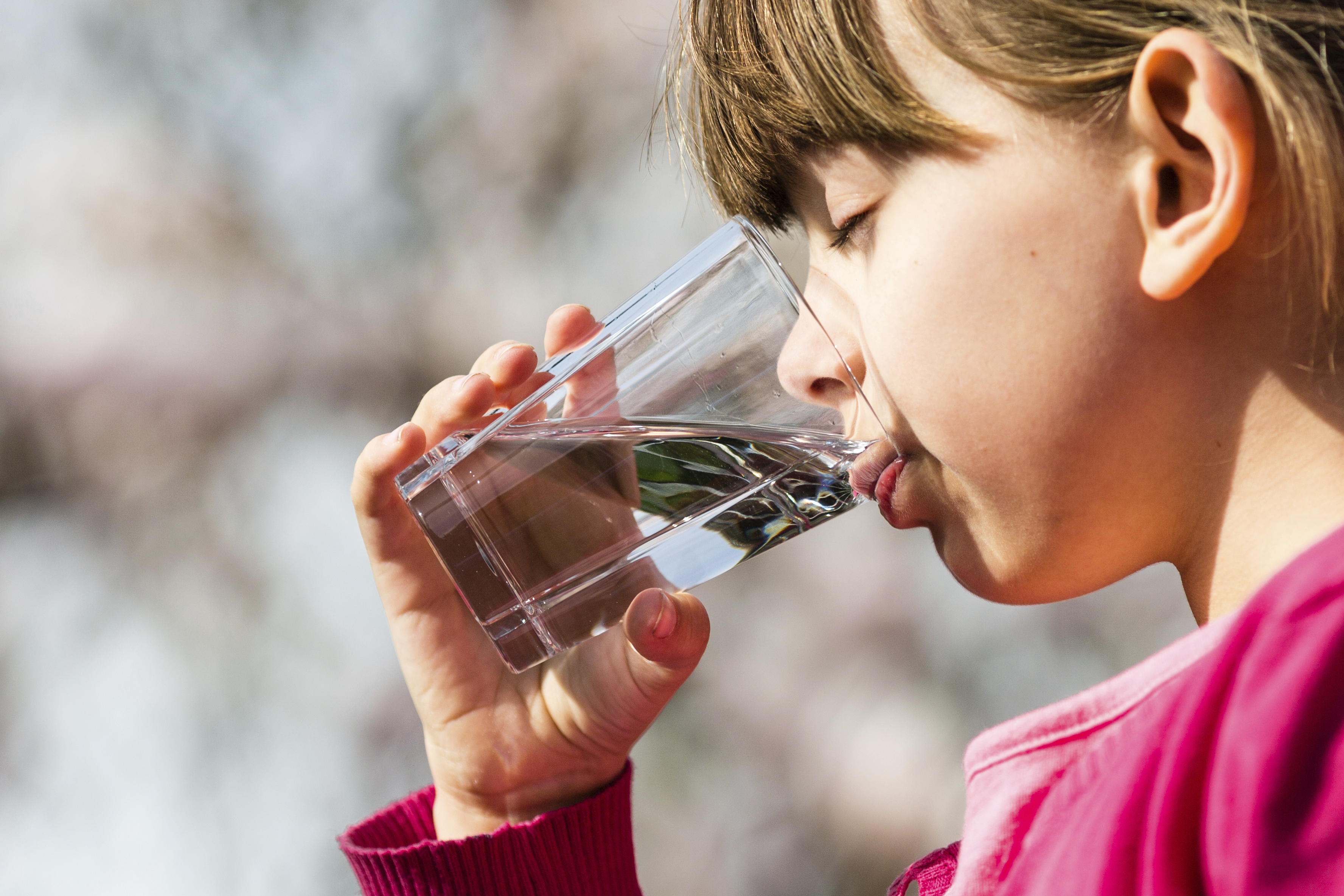October 18, 2023
The Honorable Patty Murray
Chair, Senate Committee on Appropriations
The Honorable Susan Collins
Vice-Chair, Senate Committee on Appropriations
The Honorable Tammy Baldwin
Chair, Senate Labor, Health and Human Services, Education Subcommittee
The Honorable Shelley Moore Capito
Ranking Member, Senate Labor, Health and Human Services, Education Subcommittee
The Honorable Kay Granger
Chairwoman, House Committee on Appropriations
The Honorable Rosa DeLauro
Ranking Member, House Committee on Appropriations and House Labor, Health and Human Services, Education Subcommittee
The Honorable Robert Aderholt
Chair, House Labor, Health and Human Services, Education Subcommittee
RE: Support for FY24 LIHWAP funding
Dear Appropriators,
On behalf of the more than 150 undersigned water associations, environmental, low-income, and other public interest advocates, and labor unions, we urge Congress to provide FY24 funding for the Department of Health and Human Services’ Low Income Household Water Assistance Program (LIHWAP). Without action to continue this critical program, hundreds of thousands of low-income households could lose access to essential water service.
Today, the cost of basic water service poses a challenge to many low-income households, particularly for those in vulnerable communities. The largest national water rate survey found that between 1996 and 2018, water and sewer charges increased about 2.5 times as fast as inflation;1 another study concluded that household water and sewer bills more than doubled between 2000 and 2016, while household incomes idled.2 And a national poll earlier this year found that 36% of respondents struggle to pay their water bill on time.3 Water bills are expected to continue to rise as communities make billions of dollars in needed water infrastructure investments to protect public health, comply with state and federal water quality standards, and ensure water supply reliability.
These sustained water rate increases will pose significant challenges for low-income households that are already struggling to balance their family budgets. Fortunately, Congress recently acted to incorporate low-income water assistance into the federal safety net by establishing LIHWAP during the COVID-19 pandemic. This was the first time that Congress directly provided funding to address the burden of rising water and sewer bills on low-income households, and over the past two years LIHWAP has been an essential lifeline for millions of people and the water systems that serve them. Through the third quarter of fiscal year 2023, LIHWAP has helped over 1.1 million households nationwide maintain or restore water service.4 Nationwide, at least 13,000 water and wastewater systems have participated in the program to date.5
However, in its current form, LIHWAP was established as a temporary program and its initial $1.1 billion appropriation expired at the end of the 2023 fiscal year. As a result, low-income households across the country are now left without access to federal water bill assistance, putting a strain on family budgets and putting hundreds of thousands of people at risk of losing their water service.
We know that the need for low-income household water assistance is not temporary and is just as important to public health and economic development as other vital needs such as home energy and nutrition. The federal government has offered low-income assistance for these other priorities for decades, so we urge you to acknowledge the equal importance of access to water and continue funding for LIHWAP in FY24. Recent national polling found 70% support for continuing Congressional assistance to help pay water bills.6
We believe that federal, state, tribal, and local levels of government must work together to ensure that all households are able to pay their water bills without burdening financially vulnerable families. LIHWAP has brought these various levels of government together to achieve this goal, so we simply cannot afford to backtrack on the progress we have made. This is why so many of the nation’s water associations, environmental organizations, low-income and other public interest advocates, and unions jointly request your strong support for continued LIHWAP funding in the 2024 fiscal year, as an interim step on the path to authorizing and funding a permanent low-income water assistance program.
Thank you for your attention to this important issue, and we look forward to working with you to ensure everyone across the country can access clean and safe water for the benefit of public health.
Sincerely,
National Organizations
AFSCME
ALAS Policy Advocacy & Development Committee
American Business Water Coalition
American Water Works Association
Argus Community, Inc
Association of Metropolitan Water Agencies
Association of Regional Water Organizations
Autistic Self Advocacy Network
BlueGreen Alliance
Campaign for Lead Free Water
Center for Water Security and Cooperation
Children's HealthWatch
Clean Water Action
Coalition on Human Needs
DigDeep
Elevate
Environmental Defense Fund
GreenLatinos
Hijra House-Just Water Initiative
Holy Spirit Missionary Sisters, JPIC-USA Impact Fund
Knowledgepanel
League of Conservation Voters
LIFT Inc
National Association of Clean Water Agencies
National Association of Water Companies
National Community Development Association
National Consumer Law Center, on behalf of its low-income clients
National Employment Law Project
National Organization for Women
National Rural Housing Coalition
National Women’s Law Center
Natural Resources Defense Council
People Power United
PolicyLink
Private Citizen
Protect our stolen treasures
Public Advocacy for Kids (PAK)
River Network
RootsAction.org
Rural Community Assistance Partnership Sierra Club
Society for Public Health Education Taproot Earth
US Water Alliance
Water Agency Leaders Alliance
Water Environment Federation
West Street Recovery
WZA Consultant
States/Regional/Local Organizations
AFSCME LOCAL 1659- MI
Agency for Humanity- GA
Aging Resources of Central Iowa Alabama Rivers Alliance
Alaska MCS Association (multiple chemical association)
Alliance for Appalachia
Alliance for Better Long Term Care Inc- RI
Appalachian Citizens' Law Center
Argus Community, Inc.- NY
Arizona Center for Economic Progress
Bayou City Waterkeeper
Brightpoint- IL
Cahaba River Society
Chinese-American Planning Council (CPC) - NY
Circle of Concern Food Pantry - MO
Citizens Action Coalition of Indiana
Coalition to Shelter and Support the Homeless- PA
Coasap- IA
Community Action Association of Pennsylvania
Community Legal Services of Philadelphia
Consumers Council of Missouri
COYOTE RI
Crisis Center Foundation- IL
Earth Ethics, Inc.
Fair Housing Center for Rights & Research- OH
For Love of Water (FLOW)
Found House IHN- OH
FreshWater Accountability Project
Freshwater for Life Action Coalition
Freshwater Future
GRACE - End Child Poverty in California
Habitat Recovery Project
Hawaii Children's Action Network Speaks!
Healing Our Waters--Great Lakes Coalition
Heart of the City Neighborhoods, Inc.
Housing Action Illinois
Houston Food Bank
Hunger Solutions Consulting- NC
Illinois Environmental Council
Just Harvest- PA
Justice Center of Southeast MA
Kentucky Conservation Committee
Kentucky Waterways Alliance
L.I. Against Domestic Violence- NY
Lakeside Community Committee- IL
Legal Aid Justice Center- VA
Legal Assistance for Seniors- CA
Livelihoods Knowledge Exchange Network (LiKEN)
Livingston County Senior Nutrition/Meals on Wheels- MI
Long Beach Gray Panthers- CA
Los Angeles Alliance for a New Economy
Maui Economic Opportunity, Inc.
Meals4Families- NC
Mexico Food Pantry- NY
Michigan Faith in Action
Michigan League of Conservation Voters
Missouri Confluence Waterkeeper
Montgomery County, Maryland Community Action Board
MYCAP- OH
Nebraska Appleseed
New Jersey Future
New Mexico Coalition Against Domestic Violence
Newark Green Team
NewarkDIG (Doing Infrastructure Green)
Ohio Environmental Council
Oregon Environmental Council
Paraquad- MO
Park Watershed
Pennsylvania Utility Law Project, on behalf of our low income clients
People’s Water Board Coalition
Prairie Rivers Network
Project Safeguard- CO
Prosperity Indiana
Public Justice Center- MD
RESULTS DC/MD
RESULTS Iowa
RI State Long Term Care Ombudsman Program
Rio Grande International Study Center
Rise Up WV
Safe & Sound- CA
San Luis Valley Ecosystem Council
SEE (Social Eco Education)
Southwest Fair Housing Council- AZ
Strycker's Bay Neighborhood Council- NY
Swedish Hospital- IL
The Gubbio Project- CA
The Water Collaborative of Greater New Orleans
TIMBER
Trinity J and D, LLC- GA
Upstate Forever
UpstreamPgh
Verde
VOICES for Alabama's Children
Voices of Hope, Inc.- MD
Warren County General Assistance- IA
Warren County- IA
Washington Defender Association
Water You Fighting For
We the People of Detroit
WeLIFT Job Search Center- IA
William E. Morris Institute for Justice- AZ
Women for a Healthy Environment
1 https://www.awwa.org/AWWA-Articles/awwas-2019-water-and-wastewater-rate-survey-reveals-increasing-utility-costs-boosting-rates
2 https://www.brookings.edu/blog/the-avenue/2016/09/12/striking-a-better-balance-between-water-investment-and-affordability/
3https://www.awwa.org/Portals/0/AWWA/Communications/2023PubPerceptionSurvey/Public-Perceptions-of-Tap-Water-Survey-23-Slides.pdf
4https://lihwap-hhs-acf.opendata.arcgis.com/pages/quarterly-snapshot
5https://lihwap-hhs-acf.opendata.arcgis.com/pages/quarterly-reports
6https://www.awwa.org/Portals/0/AWWA/Communications/2023PubPerceptionSurvey/Public-Perceptions-of-Tap-Water-Survey-23-Slides.pdf

Lead and Drinking Water

